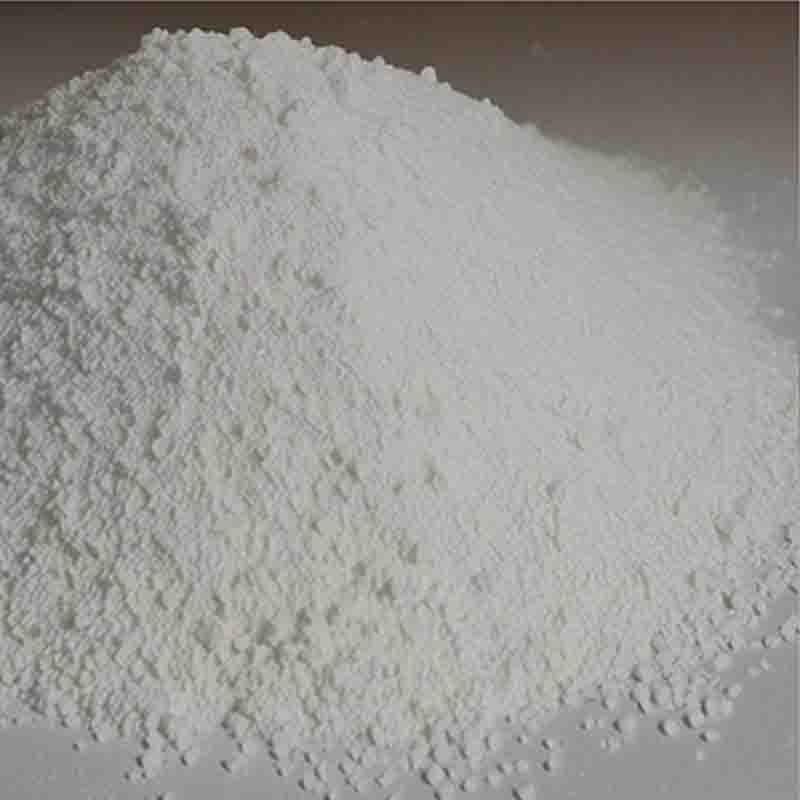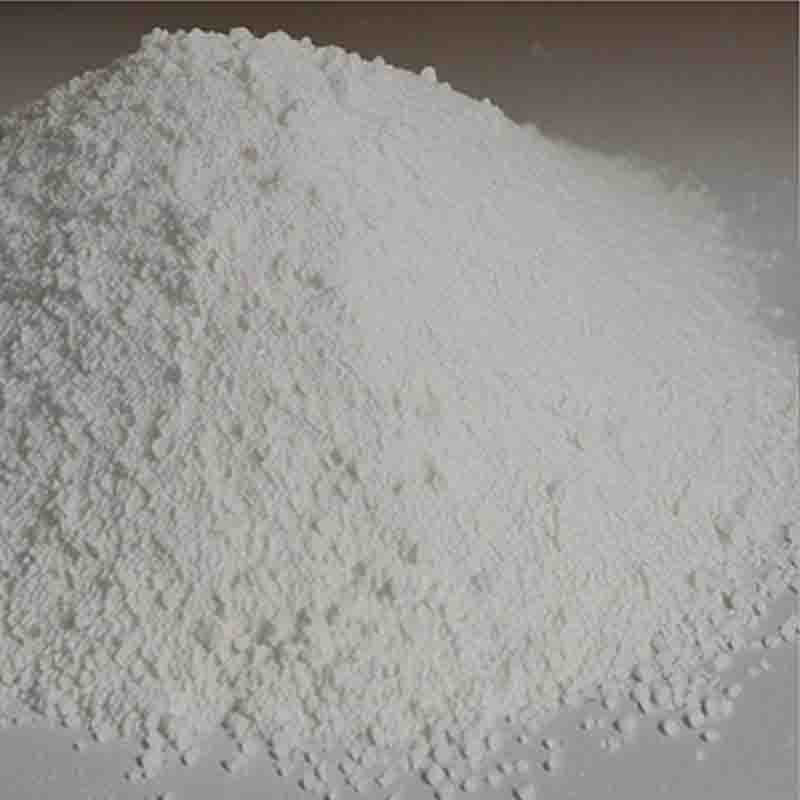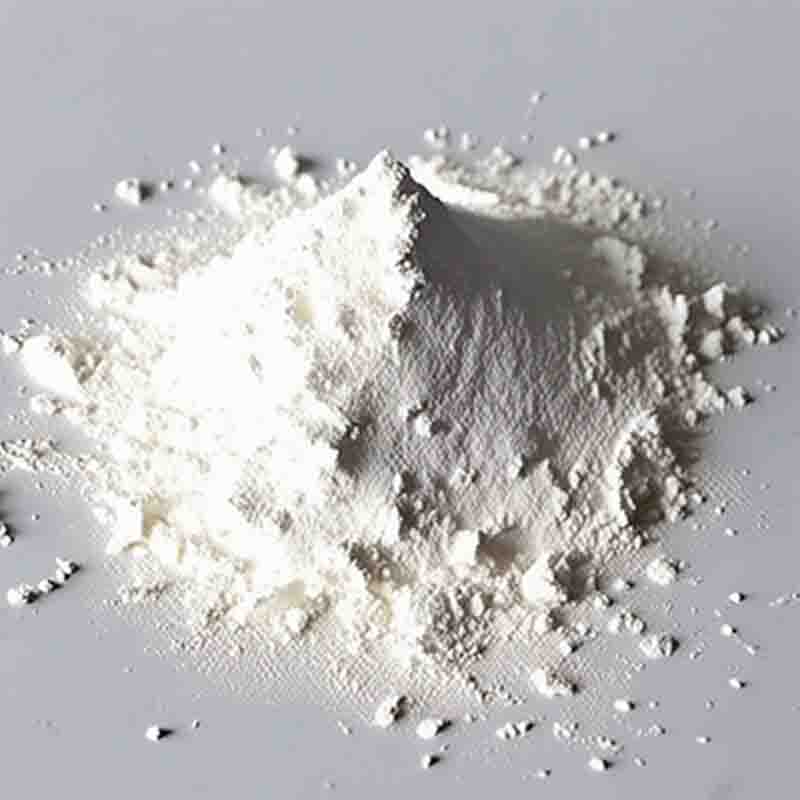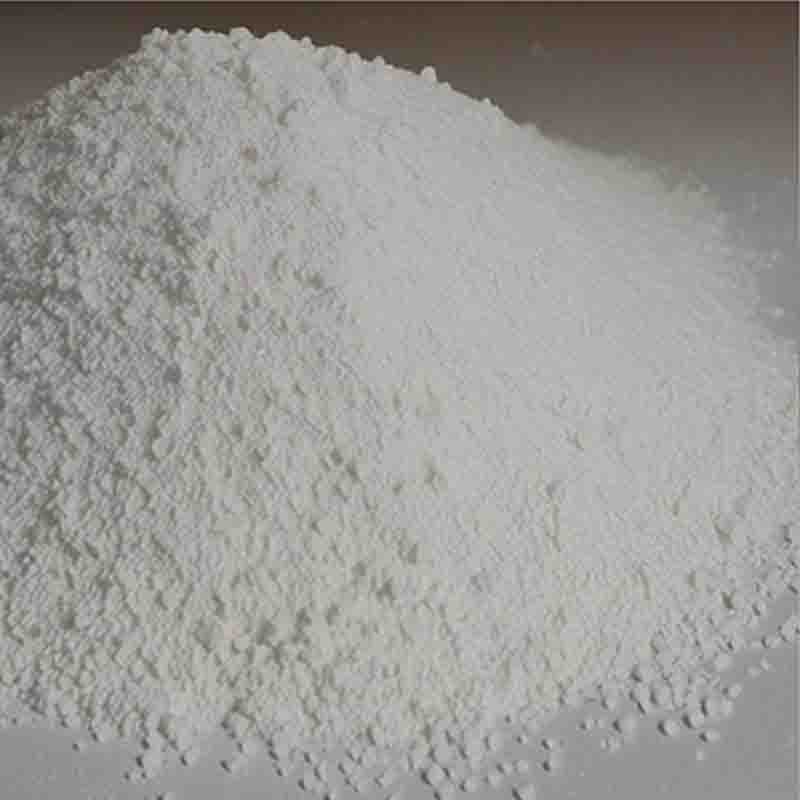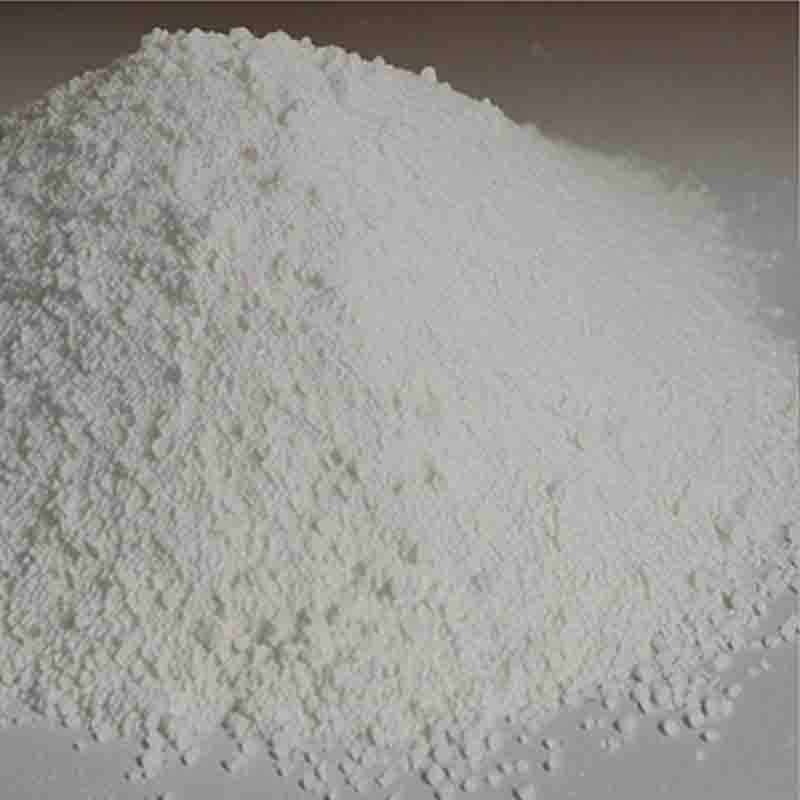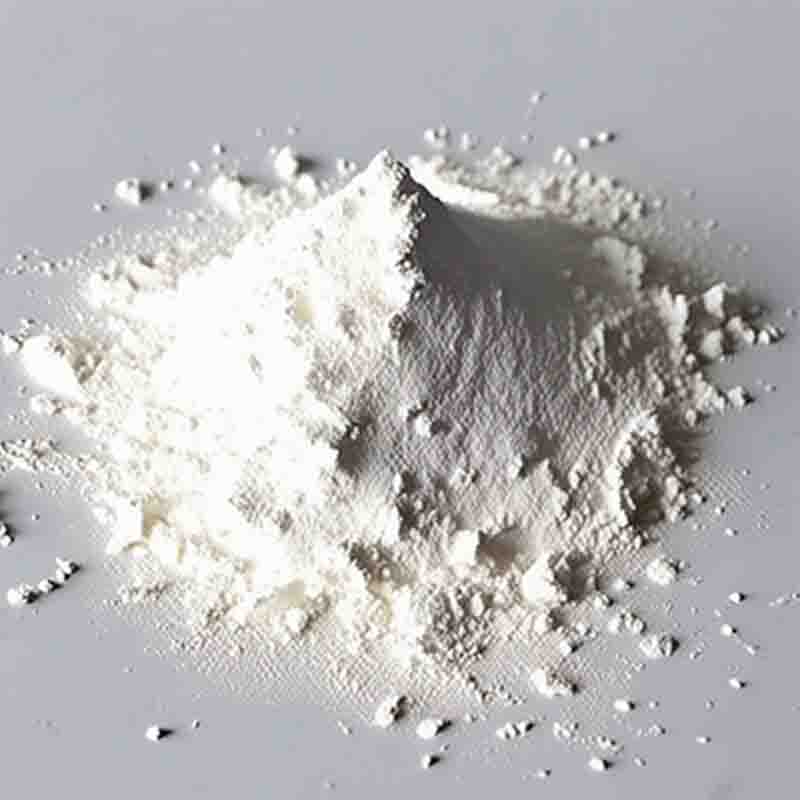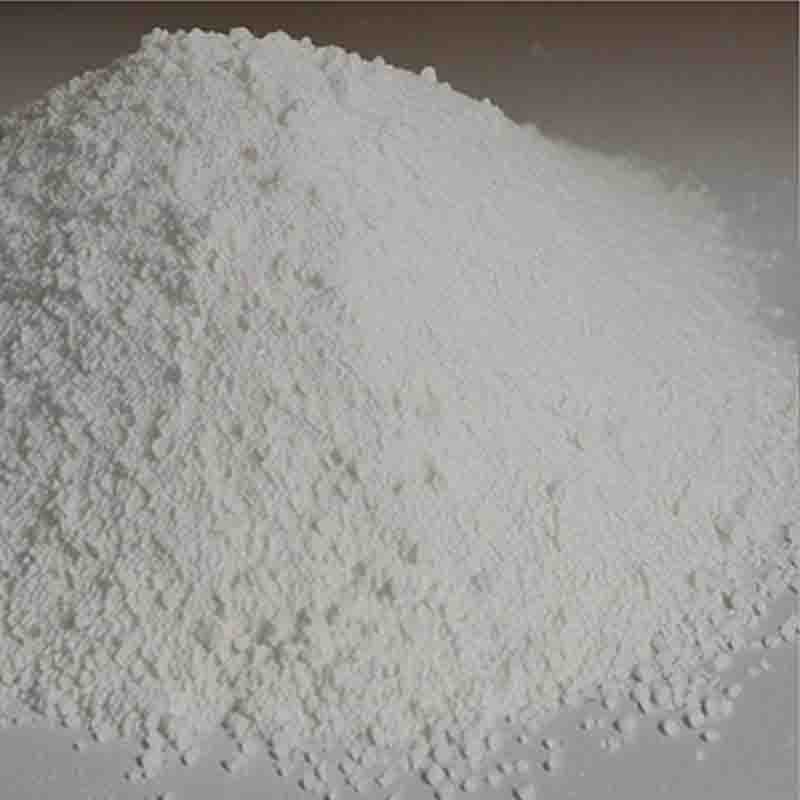Ruthenium CAS: 7440-18-8
| Catalog Number | XD94488 |
| Product Name | Ruthenium |
| CAS | 7440-18-8 |
| Molecular Formula | Ru |
| Molecular Weight | 101.07 |
| Storage Details | Ambient |
Product Specification
| Appearance | White powder |
| Assay | 99% min |
Introducing Ruthenium: Transforming Agriculture, Human Medicine, and Industry
Ruthenium, a versatile and rare metal, is poised to revolutionize the fields of agriculture, human medicine, and industry. With its exceptional properties and diverse applications, ruthenium offers numerous benefits that contribute to advancements in these sectors.
In agriculture, ruthenium plays a vital role in improving crop yields and resource efficiency. Its unique catalytic properties make it an excellent material for electrochemical sensors used in soil analysis and plant monitoring devices. Ruthenium-based sensors accurately measure soil moisture, nutrient levels, and other critical parameters, enabling farmers to optimize resource allocation and make data-driven decisions. By enhancing precision agriculture practices, ruthenium contributes to increased crop productivity while minimizing environmental impact.
Furthermore, ruthenium compounds have shown promise in pest control and crop protection. Research is exploring their potential as eco-friendly alternatives to traditional pesticides, as they exhibit low toxicity to non-target organisms while effectively targeting pests and diseases. Ruthenium-based compounds can disrupt pest reproductive processes, inhibit pathogen growth, and enhance plant defense mechanisms, offering sustainable solutions for agriculture.
In the field of human medicine, ruthenium has gained recognition for its use in cancer treatment. Ruthenium-based compounds, known as metallopharmaceuticals, have shown remarkable anticancer activity. They can selectively target cancer cells, induce apoptosis (cell death), and inhibit tumor growth. Additionally, ruthenium complexes have the advantage of being less toxic to healthy cells compared to traditional chemotherapy drugs, minimizing side effects. Ongoing research aims to further optimize ruthenium-based anticancer agents and explore their potential in personalized medicine.
Moreover, ruthenium is widely utilized in various industrial applications. Its catalytic properties make it indispensable in chemical synthesis, enabling efficient and sustainable production processes. Ruthenium catalysts are used in the manufacture of pharmaceuticals, fine chemicals, and specialty materials. They offer high selectivity, activity, and stability,


